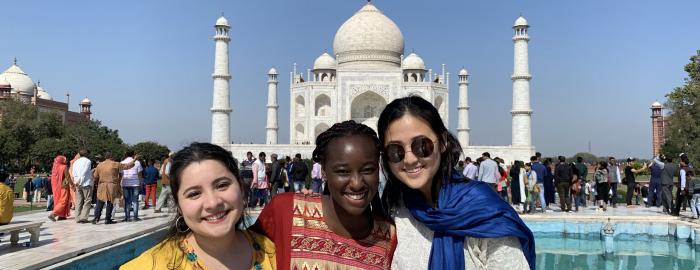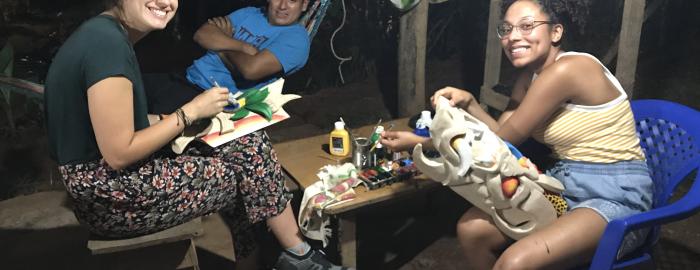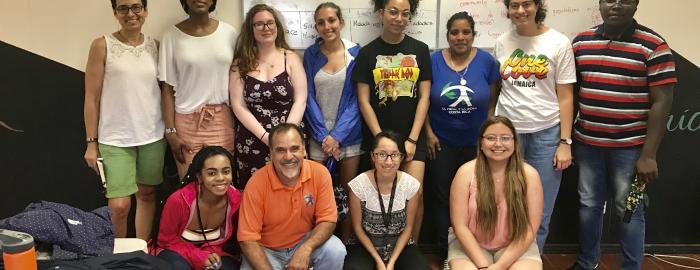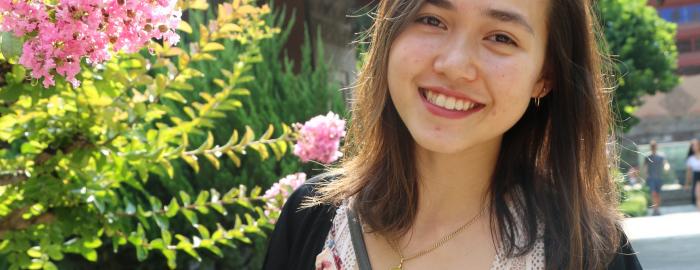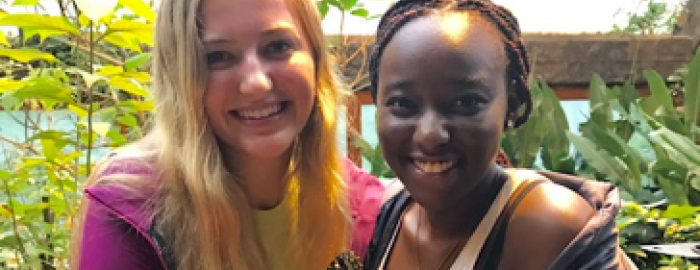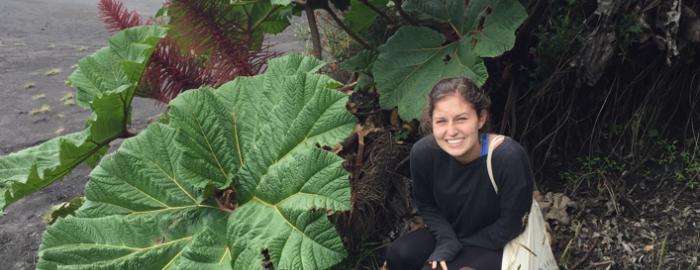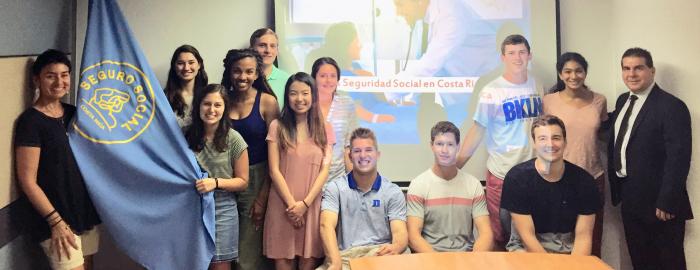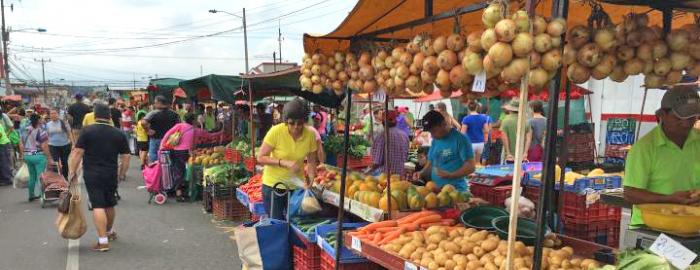Describe how some of your ideas or perceptions changed as a result of doing this program.
In her TEDTalk, Chimamanda Ngozi Adichie speaks to the danger of a single story, asserting, “the problem with stereotypes is not that they are untrue, but that they are incomplete.” Reflecting now on my study abroad experience in South Africa with the Organization for Tropical Studies, I cannot help but attest to the validity of Adichie’s remark.
Coming to South Africa, I unknowingly believed into a single story—a single story that polarized my life and the lives of the people with whom I was soon to live and interact. I expected to live a life completely different from the one I was used to living. After all, I was coming from a different region of the world, speaking a different language, looking at the world through the lens of a perceivably different culture.
In reality, however, my expectation of encountering difference could not have been more uncharacteristic of my time in South Africa, especially during the three days of my homestay experience in Sanari village, Limpopo province. This realization initially surprised me; but why should it have? That is the danger of a single story: a story that often predicates itself on the perceived differences between people rather than on their abundant similarities.
While I was challenged both physically and mentally during my study abroad experience, I was more comfortable than I had been in a while. This reality, I think, speaks volumes to an almost inexplicable shared human experience—an experience that transcends language, background, and borders…an experience that made my study abroad experience the great experience it was. This new perspective has changed how I think about the world and will continue to ground me as I travel the world and meet new people.
Tell us why you decided to do this program.
I am often asked, “why did you want to study abroad in South Africa?” and even more generally “why did you want to study abroad in Africa?” Fortunately, the answer is always simple: I studied in South Africa because I wanted to learn.
As a Ghanaian, I find that students and adults often place a superficial distinction between the continent of Africa and the continent of Europe, with the former being a place for service and the latter as a place for learning. The reality is, however, that this distinction could not be more misguided.
Even today, it is hard for me to conceptualize how much I learned during my summer experience in South Africa from both my instructors and the South Africans with which we interacted. I suspected this would be the case before applying for my study abroad program, and to no surprise, this expectation was far surpassed.
Tell us about your greatest takeaway from this program.
My greatest takeaway following this program was a renewed appreciation for vulnerability. During my study away experience, I learned and grew more in the period of four weeks than I ever could have imagined. Undoubtedly, immersing oneself in a new culture comes with many challenges. For any student, it can be easy to do whatever it takes to minimize the discomfort stemming for those challenges.
However, in my experience, taking that discomfort and running with it was one of the best decisions I could have ever made. Yes, I made a fool of myself at times by asking ‘silly’ questions and by talking with locals more than I probably should have despite some language barriers, but it was at those times that I learned the most. In today’s world, vulnerability is often perceived as weakness, but, in my experience, I have found that some of the most rewarding strength and growth rather emerges from that vulnerability.
How did/will this program affect your career interests or next steps after graduation?
As someone who plans to dedicate his life to public service in the realm of global health, this experience taught me important lessons that have helped serve as a foundation on which I hope to develop my career. Thanks to my professors and my classmates, I was forced to have many difficult conversations—conversations on the history of global health; on race, gender, and privilege; and on ethics, among others.
In particular, one critical lesson that emerged from our conversations was that people are often the experts in their own lives. Often, I think the concept of ‘public service’ draws on a feeling amongst public servants of wanting to be needed and of knowing people’s best interests, However, as I learned during this program, these feelings can often lead to misguided, counterproductive, and sometimes harmful interactions.
As I continue to reflect on what this realization will mean in my life, my hope is that I can take this lesson with me wherever I go and with whatever I do in order to afford people the credit and respect that they deserve.
What advice do you have for other students considering this program?
Make studying abroad a reality! While I know it is a lot easier said than done, I guarantee that what you’ll learn and experience will end up having real importance in your life. To be honest, for me, studying away was never a priority nor did it seem like a possibility. As I began to think more seriously about it, I found more barriers than I did enablers. For some time, it was discouraging.
However, with some luck, a scholarship from the US State Department, and reassurance from study abroad alumni, I decided to give it a chance…and I never looked back. Undoubtedly, there will be many barriers to studying away, but by focusing on the enablers and by throwing your trust behind uncertainty, you can have one of the best experiences of your life.
Niisoja Torto
Public Policy, Class of 2020
Reginaldo Howard Memorial Scholar
OTS Global Health Issues in South Africa
Summer 2017


